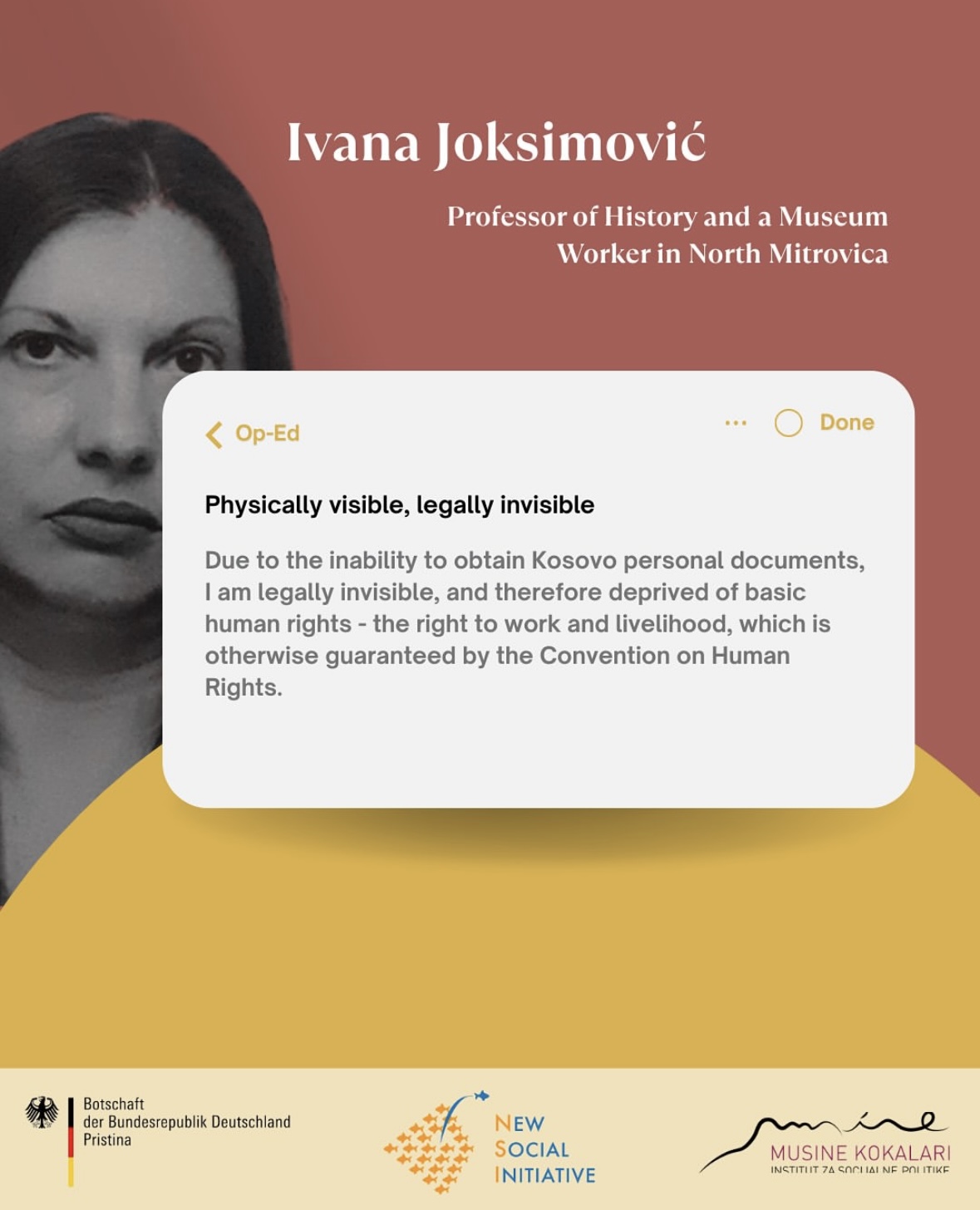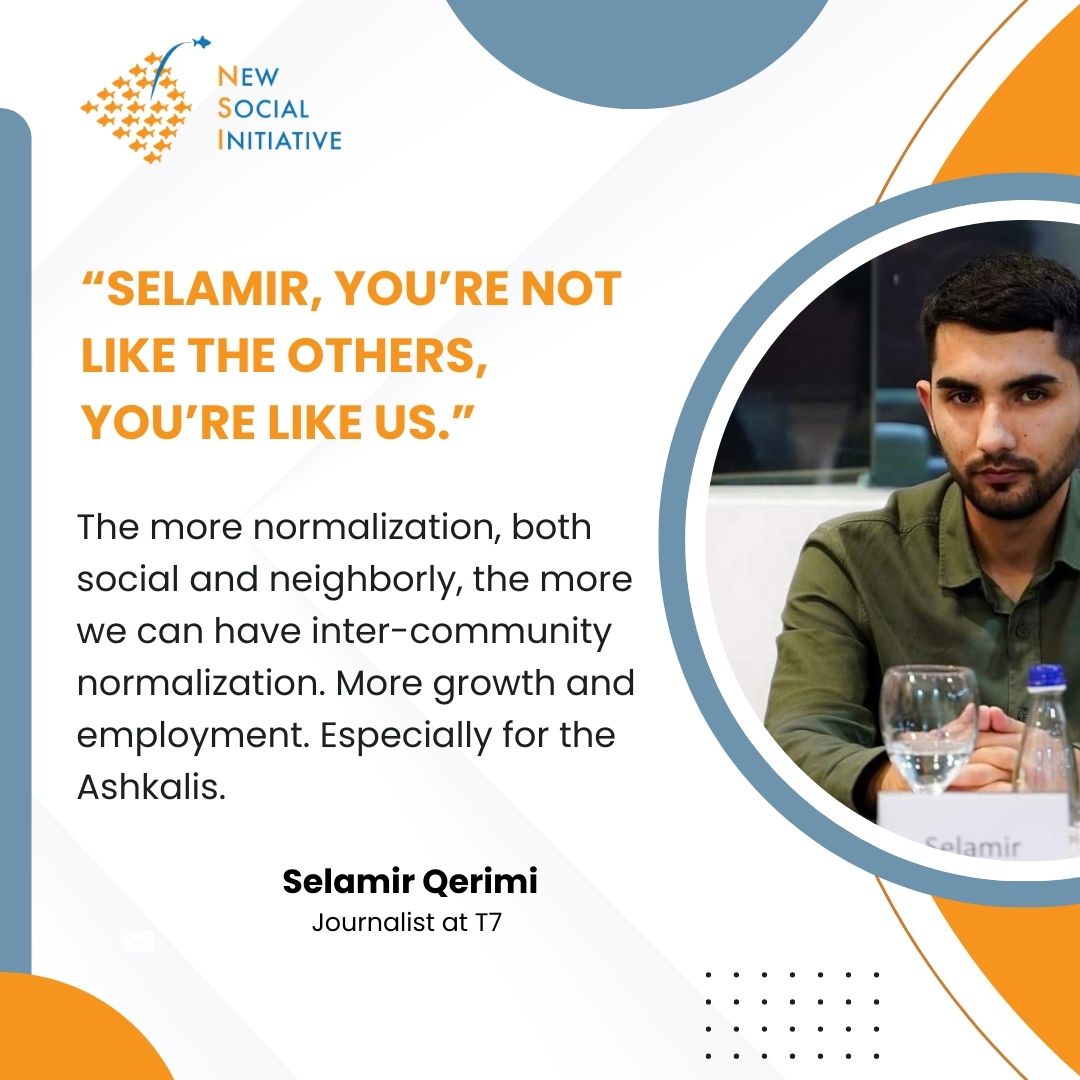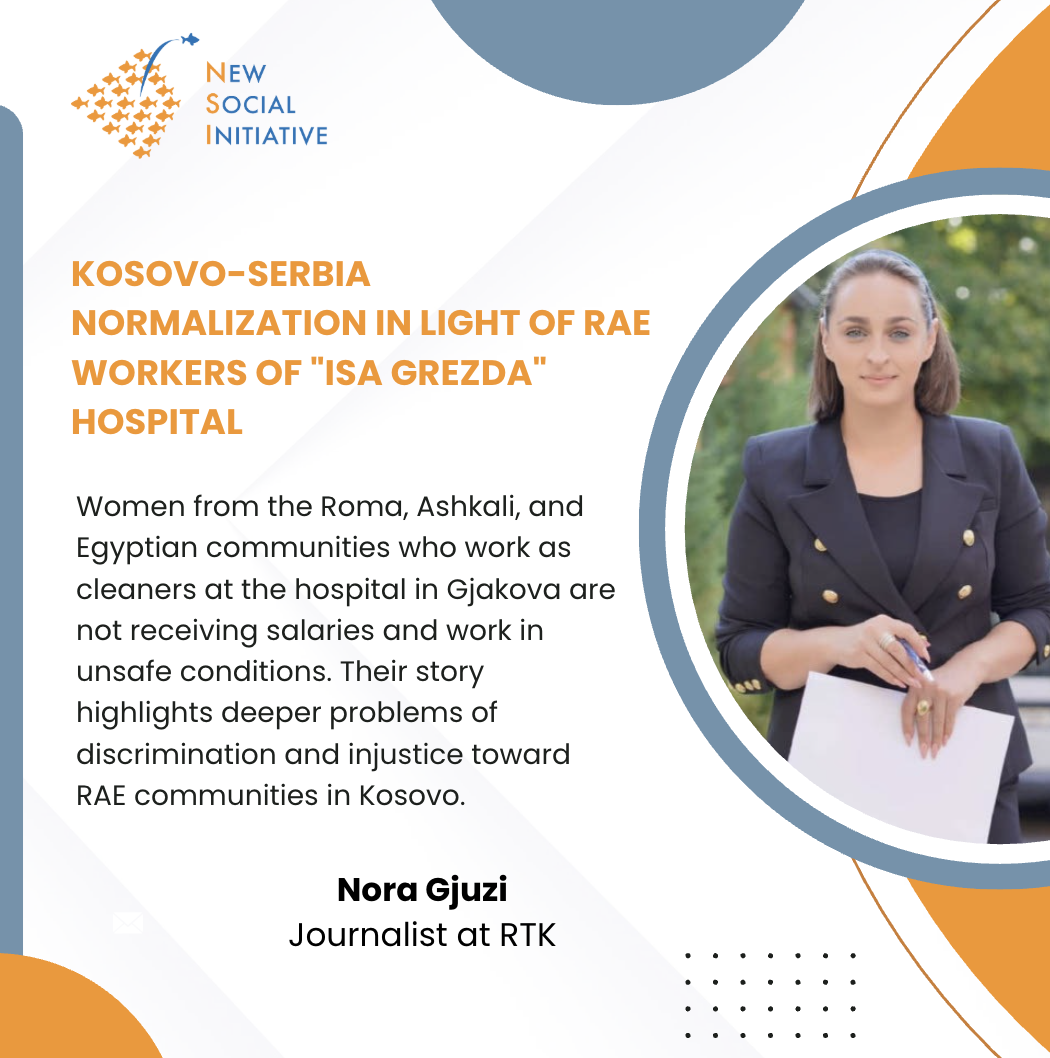The relations between Kosovo and Serbia are still a mess. Privileged international attention and good prospects for EU membership did little to encourage Kosovo and Serbian leaderships to resolve their quarrels. Last week Serbia’s President Aleksandar Vucic and Kosovo’s Prime Minister Albin Kurti went back to Brussels to continue the decade-long dialogue facilitated by the EU. This time the objective is to reach a number of separate deals that would become the substance of a comprehensive legally binding agreement, which would enable Serbia to close Chapter 35 and offer Kosovo a clearer path toward EU integration and potentially secure recognition by the five EU members that do not recognize Kosovo.
Despite countless EU and US initiatives in the past 20 years, the Serbian and Kosovo leaders managed to elude a final peace agreement. Though they agreed to resolve a number of concrete problems, they were reluctant to conclude the conflict and often used it to gain votes and popularity at home. Political leaders in Kosovo and Serbian continue to stake their claims to power and reputation on patriotism, nationalism and ethnic rivalry, contributing to social and political fragmentation and undermining international efforts for a breakthrough. Domestic political tensions tend to arise whenever a compromise is reached in the Brussels dialogue, mostly based on the distorted argument that national interests are being sold out. Both Kosovo’s Albin Kurti and Serbia’s Aleksandar Vucic accused their predecessors of betraying national interests whenever an agreement, even trivial, was reached in Brussels. Kurti’s and Vucic’s predecessors used similar arguments against their own predecessors and so on.
Political leaders in both Kosovo and Serbia continue to reinforce ethnic heritage, emphasize ‘glorious’ pasts and legends and suppress differences on Serb-Albanian relations within their societies, thus creating a non-conducive environment for a peace deal. But political leaders are not alone in obstructing the negotiations. More is involved in a peace process than the wishes of politicians. Even if the leaders would favor a breakthrough, their hands remain tied by the rather conservative beliefs of their voters, party supporters, and other actors—such as controversial businesses—who may have an interest in prolonging the conflict.
Rather surprisingly, the educated elites, who many expected would lead their societies away from the conflict, are often at the forefront of it. And those in the minority who favor compromises are often treated with contempt for ‘betraying’ the national cause. The Kosovo-Serbia relations are characterized by fundamental misunderstandings and misperceptions, thus a political compromise anytime is unlikely.
The good news, however, is that the Kosovo and Serbian leaders remain committed to address their quarrels only through dialogue, excluding violent means. Unlike the old Brussels dialogue where most agreements were reached and implemented independently of one another, the new dialogue is guided by the principle of ‘nothing is agreed until everything is agreed,’ reportedly suggested by the EU facilitator. Pristina and Belgrade officials happily accepted the principle, for convenient reasons. The principle could serve the Serbian and Kosovo officials to prolong the negotiations indefinitely. They could safely be cooperative on some issues knowing they can undermine the process later by disagreeing on another, even trivial issue. The principle does not have a good record in negotiating ‘non-urgent’ conflicts, such as this one. Furthermore, tying humanitarian issues, such as the missing persons, to political agendas is not quite ethical.
Belgrade and Pristina agreed to address eight areas in the new dialogue in 2020: 1) missing and displaced persons, 2) economic cooperation, 3) mutual financial and property claims, 4) the rights of the Kosovo Serb community, 5) the status of the Serbian Orthodox Church, 6) good neighborly relations, 7) normalization of air, rail, and postal connections, and 8) return of archeological and ethnological materials. It is not clear whether Kosovo’s new government aims to renegotiate this list, reject it, or whether it has already agreed to it as it is.
Kosovo and Serbia have reached more than 20 agreements from 2011 to 2020, over 80 percent of which have been implemented. Despite its deficiencies, the Brussels dialogue showed that one could do a lot about the conflict even without resolving it. The over 20 agreements by themselves were worthwhile achievements. Failure to resolve the status dispute should not obscure the importance of the resolution of dozens of practical problems, including travel documents, telecommunication, energy, trade, and integration of the Serb community. Over 127 thousand Kosovo Serbs have since taken Kosovo ID cards and another 21 thousand took Kosovo passports.
The old Brussels dialogue was based on the principles of ‘reciprocal concessions’ and ‘half-measure solutions,’ and excluded discussions over Serbia’s recognition of Kosovo. These principles played an important role in changing the calculations and the behavior of the Kosovo and Serbian negotiators. Both sides abandoned their radical positions—no discussion with ‘illegal institutions’ versus ‘ no ‘dialogue without recognition’—and engaged in reaching solutions that were possible at the time, producing useful results, such as ‘semi recognition’ of ID cards and car plates. Upgrading these agreements in the future will be a lot easier than tackling them from scratch. An important element was that parties were not motivated to engage in the dialogue purely by international pressure, but primarily by a desire for Serbia to advance towards the EU and for Kosovo to integrate its Serb community and establish institutional control over its territory.
Though the reinterpretation of the agreements continues years later, the results seem irreversible. The non-implemented agreements—such as the Association/Community and cadaster—are, however, likely to remain such, especially the former. Various government and non-government actors are involved in interpreting and reinterpreting the Association/Community’s provision, exaggerating or underestimating what had been agreed, often producing more confusion than clarity. The main disagreement over the Association/Community is not about its content, for it has little. It is about manufactured fear, symbolism, and political manipulation. The public debate has not only been ineffective but also counterproductive, exacerbating what it sought to ameliorate. More than anything, the more-harmful-than-helpful debate exposed the weakness and politicization of the civil society.
‘Territory’ and ‘internal issues’ are Pristina’s stated red lines in the dialogue. The former is also the international community’s red line, but not the latter. In a letter to Kosovo President Vjosa Osmani, US President Joe Biden wrote an agreement between Kosovo and Serbia should be “centered on mutual recognition” but that this goal will require “flexibility and difficult compromises.” US officials hinted that ‘difficult compromise’ has to do with the Association/Community. But ‘some territory’ seems to be the only price for which Belgrade would recognize Kosovo. And many partition proponents believe that after what they predict are going to be successive failed dialogues a desperate international community might well go back to the border option.
Integration of the Serbs in Kosovo will likely be a major point of the Brussels dialogue. When Kosovo declared independence, the Serbs inevitably become a minority in the new state. As expected, they are not easily adjusting to this reduced status. Rather irrelevant at the center of the new state, the Association/Community would provide for the Serbs an opportunity to put preferential policies into effect at least in the periphery—in municipalities where they are a majority. The Serb community is not a contestant in central politics and power. It is rather a peripheral force, but one that sometimes makes its influence felt at the center only because of the support it gets from Belgrade.
But Pristina should not fear Belgrade’s assistance to Kosovo Serbs, because it is not assistance with weapons to an insurgency or a secessionist movement but assistance with education, healthcare, and social programs for a small community. Such assistance constitutes no threat to Kosovo.
The fact that the Serb-Albanian conflict is gradually becoming about rights is good news. The Serbs are showing their willingness to negotiate their accommodation into a state they do not recognize. Pristina should reciprocate. After all, whatever rights Pristina gives to the Serbs, it is giving to its own citizens. A happier Serb community is good for the Serbs and Kosovo. Pristina should not fear a stronger, happier Serb community.
Kosovo-Serbia dispute seems rather intractable, but not without hope.
Within Kosovo Collective Op-Ed series
Opinions expressed in this oped series do not necessarily represent those of the Balkan Trust for Democracy, the German Marshall Fund of the U.S. (BTD), U.S. Agency for International Development (USAID), or the U.S. Government.
The project is supported by the Balkan Trust for Democracy of the German Marshall Fund of the U.S. and USAID.










